Category: Human Development
-

Are LLMs Fully Multilingual?
When I started playing with ChatGPT in December of last year, I was pleasantly surprised to discover that it could handle multiple languages. Needless to say, the LLM can handle translation from and into numerous languages. But it can also take non-English prompts and provide responses in the original query language. A recent test comparing…
-

ChatGPT Productivity and Hallucinations Mix
Undoubtedly, ChatGPT has taken the world by storm. Few will dare deny such a non-violent takeover. And, as expected, the now familiar digital innovation hype factory is holding yet another massive and seemingly endless ball, including reluctant doomsayers. OpenAI’s March ChatGPT API release added fuel to the hype bonfire by opening the door for developers…
-

Internet Metaphors in Practice – II
A couple of years later, I installed our first Wi-Fi router, allowing us to connect our laptops to the network from almost any point in the house. But wireless connection speeds were limited to 11 Mbps while the good old ethernet wire could do 100 Mbps. Not even close. Wired connections were not only faster…
-

Internet Metaphors in Practice – I
The first time I ever bought something over the Internet was in 1994. And it was not from Amazon, but from a now long-gone company called CDNow. As its name suggests, its core business was selling CDs online. Interestingly, one could also access the site via telnet which was not very user-friendly, certainly not for…
-
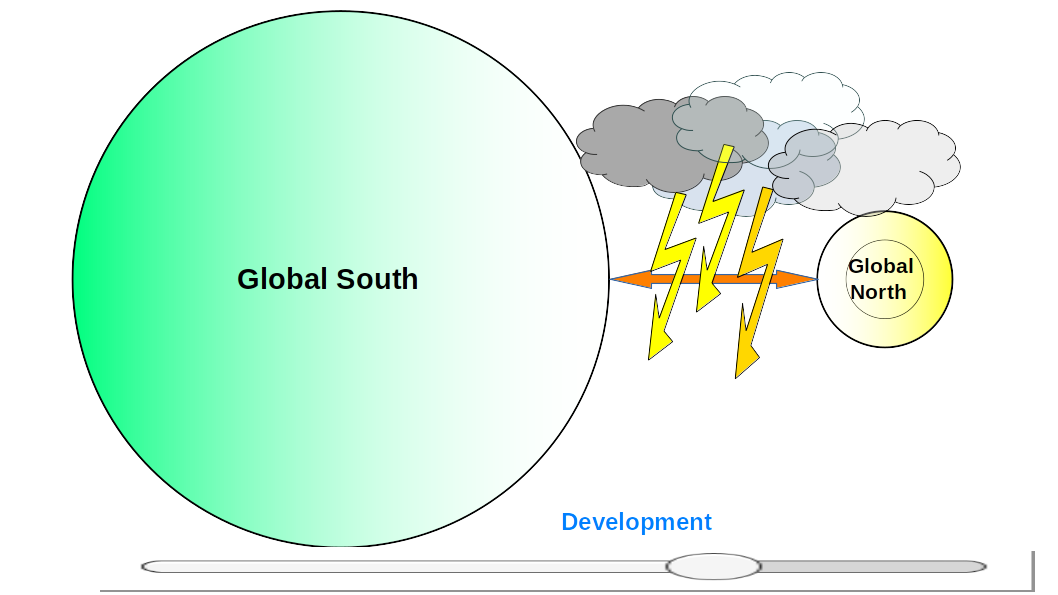
The Dynamics of Global Development, South and North
The Development of Development In its beginnings, unmovable numeric rankings permeated the always slippery and bumpy development racetrack. Stuck in first place were a selected group of countries labeled as developed, even though many were still rebuilding their economies after the bloody World War II that killed 3 percent of the world’s total population. Led…
-
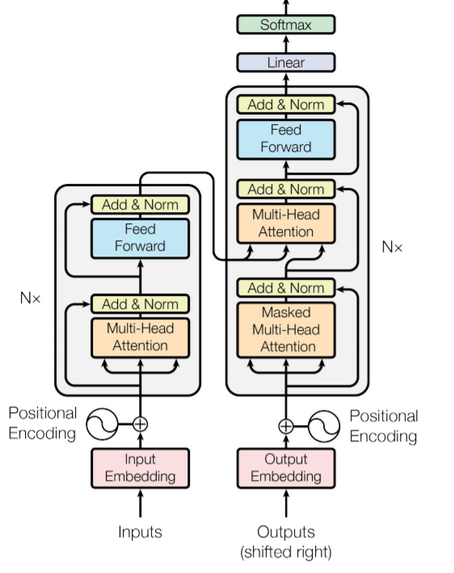
AI’s Seemingly Elusive Infrastructure – II
Undoubtedly, the infrastructure requirements for producing the 2020 175-billion-parameter GPT-3 model are hefty by most standards. But, of course, that just means that competitors now striving to generate their own creatures in the same genre must have access to similar infrastructure—not to mention talent. And we can count their number with our fingers; sophisticated data…
-

Chatting with ChatGPT
OpenAI’s new shiny chatbot, with the not-so-brilliant name of ChatGPT, has taken the world by storm, surprising most, company staff included. Evidence of the latter stems from the fact that whenever one tries to access the platform, a message announcing imponderable delays quickly pops up on the screen. Clearly, the current demand is way above…
-

How Green is AI?
Playing Games My father taught me how to play chess when I was nine years old or thereabouts. He played his fair share of games while he was studying engineering. He told me that a few of his classmates quit thanks to their chess obsession, an example I should not follow. Not a smart move,…
-

ICTs and Emissions – V
Walking Around the Main Gallery Unlike its basement, the abode’s main gallery is noisy, crowded and chaotic, offering a maze-like layout we need to navigate safely. Indeed, one can easily get lost, and while checking in is pretty simple, finding one of the exit doors is undoubtedly far more elaborate. Thus, we must stand on…
-
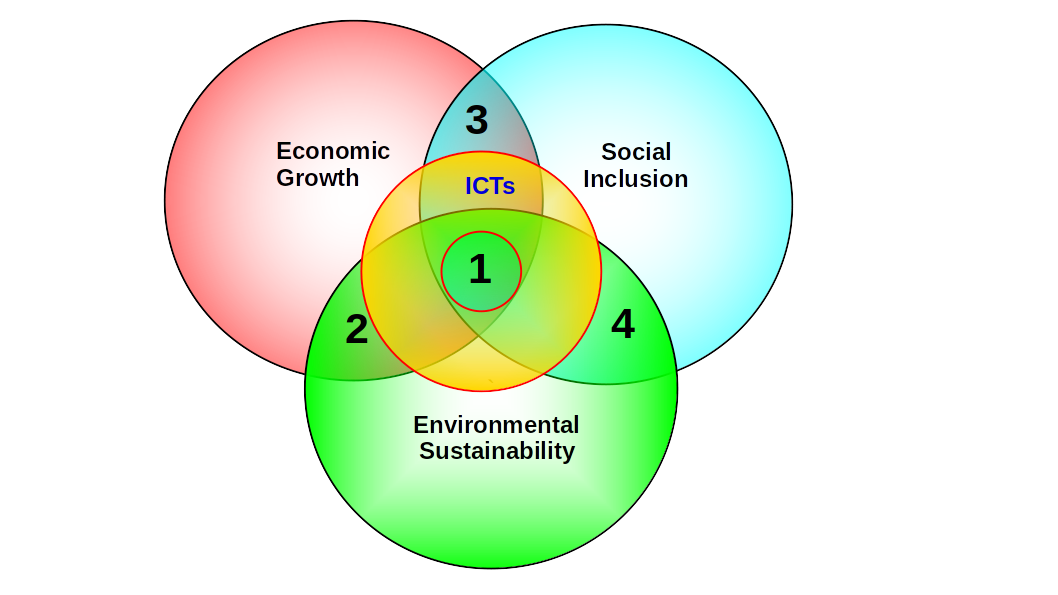
Digital Technologies and Sustainable Development: The Missing Link
Context Nowadays, digital technologies occupy most of the interstices of society. While the global pandemic exposed glaring gaps, especially in developing countries, avoiding their mantra seems torturous. Undoubtedly, their rapid diffusion in the last 30 years is historical (Comin & Mestieri, 2018). However, once touted as unstoppable drivers for social change, many now perceive modern…
-

ICTs and Emissions – IV
Environmental Footprints As previously mentioned, data centers (DCs) depend not only on energy consumption but also require plenty of water for survival, just like humans. We thus have increasing competition for a critical resource, significantly when droughts and wildfires are increasing. Not surprisingly, the availability of adequate and nearby water resources is one of the…
-

ICTs and Emissions – III
The Abode is a Humongous Shopping Mall As some pundits have observed, data centers (DCs) are the backbone of the digital realm—hiding in plain sight, I would add. However, DCs do not live alone in their noisy, albeit warm homes. They cannot afford to for existential, not financial, reasons. DCs depend on several other beings…
-
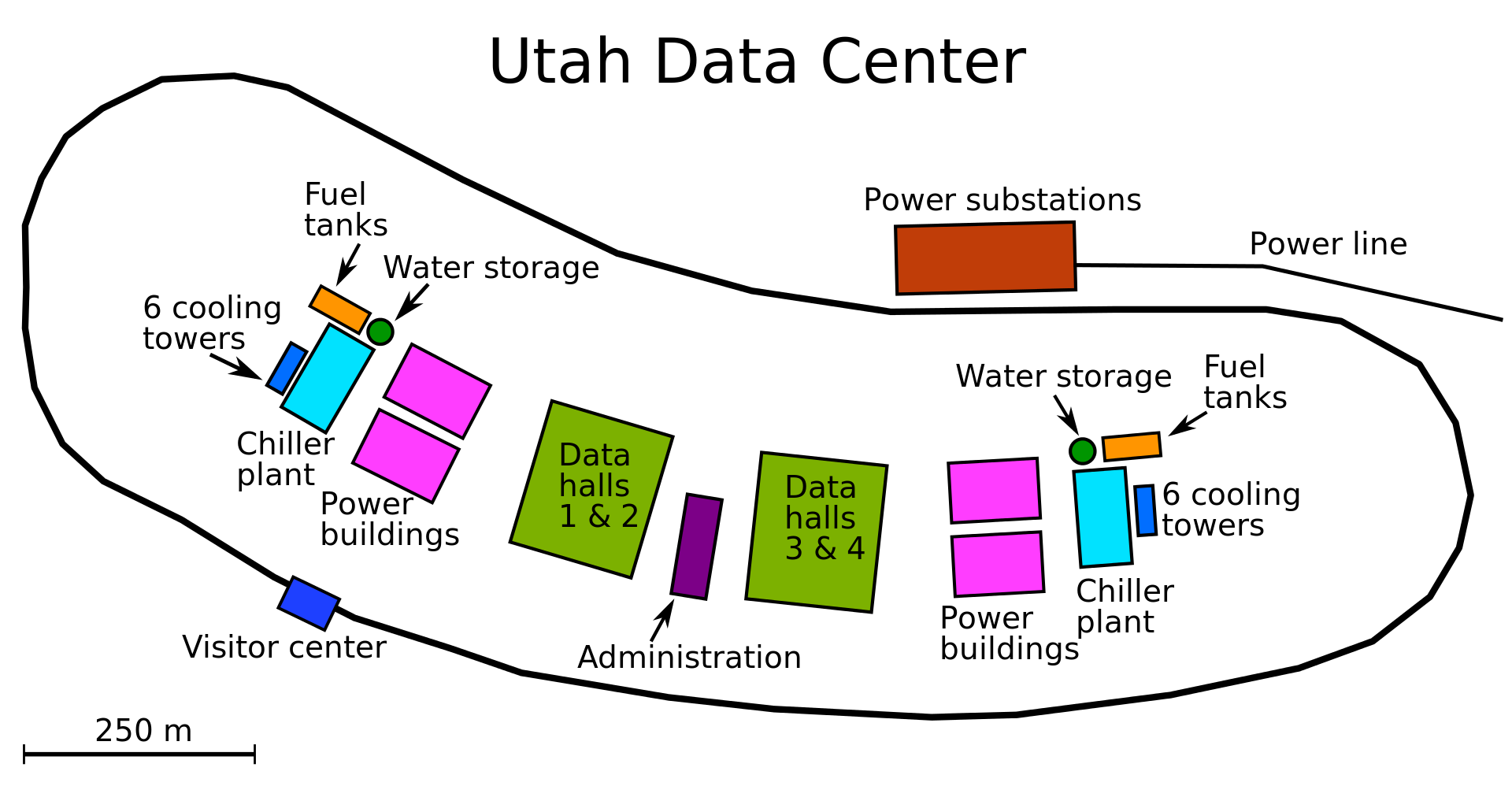
ICTs and Emissions – II
Cyberspace Mansions In 2009, amid the Global Financial Crisis, the U.S. National Security Agency (NSA) announced plans to create a 1.2 billion dollar data center (DC) in Utah. Indeed, surveillance once again proved it is immune to economic disasters, regardless of magnitude. In any case, actual construction began only in 2011, after government approval. The…
-

ICTs and Emissions – I
Digital technologies’ social ubiquitousness is indisputable. Indeed, escaping their mantra seems unreal, almost dystopic, regardless of location or connectivity. The TINA (there is no alternative) principle appears to be entirely at work here. It is thereby paradoxical that new ICTs are conspicuously absent from big-ticket global climate change policy documents such as the 1997 Kyoto…
-
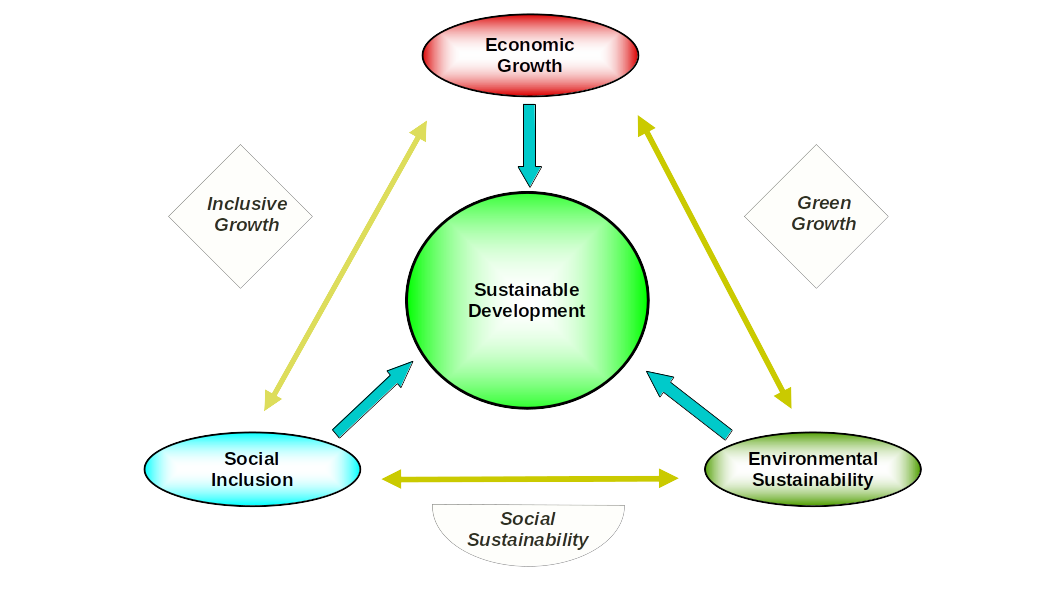
Economic Growth and Sustainable Development
In a previous entry, I explored the connections between digital technologies, economic growth and the environment, using the concept of Sustainable Development (SD) as analytical reference. The figure below depicts yet another way to see the three development outcomes that must interact to trigger SD. Three other outcomes are also possible if the interaction…